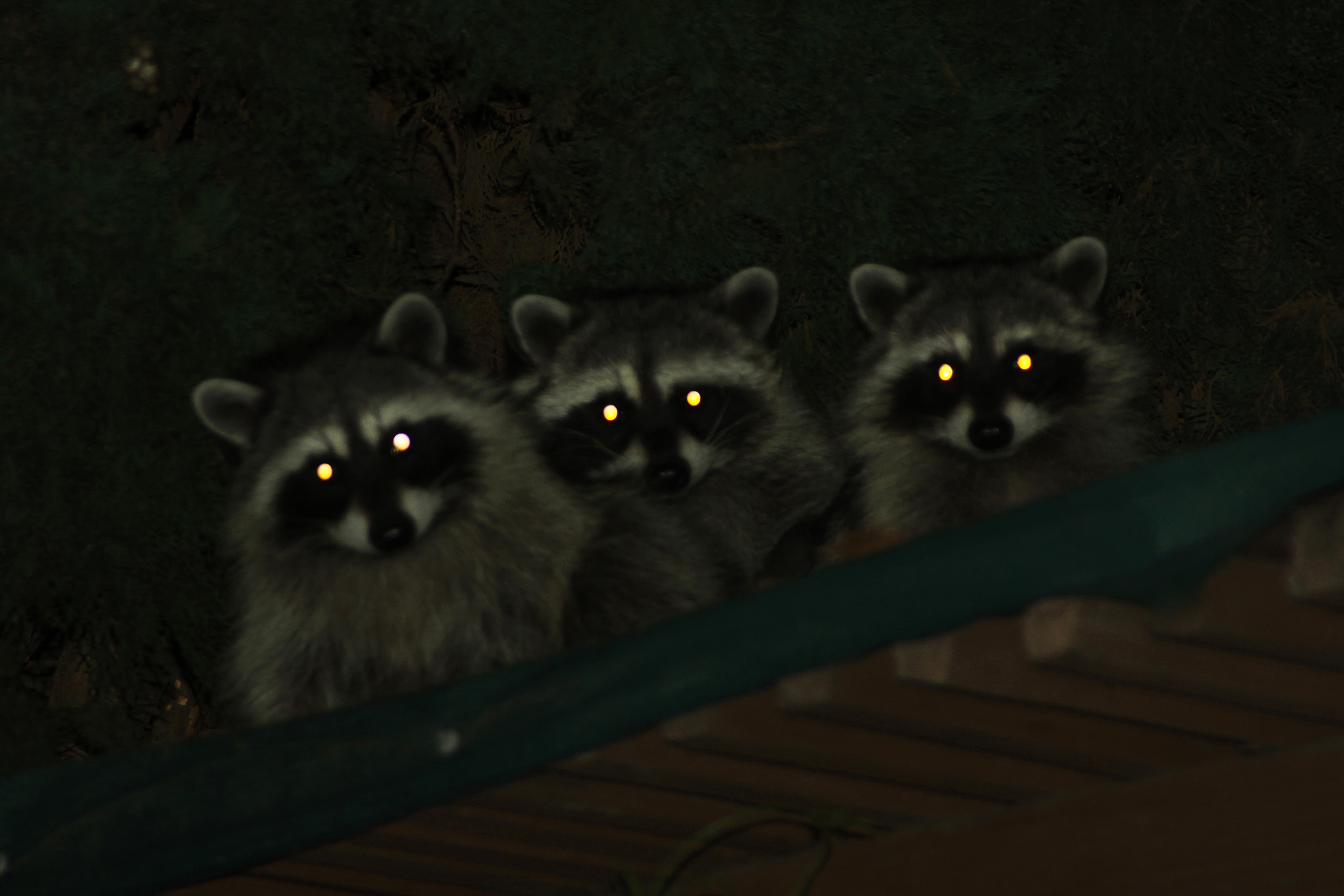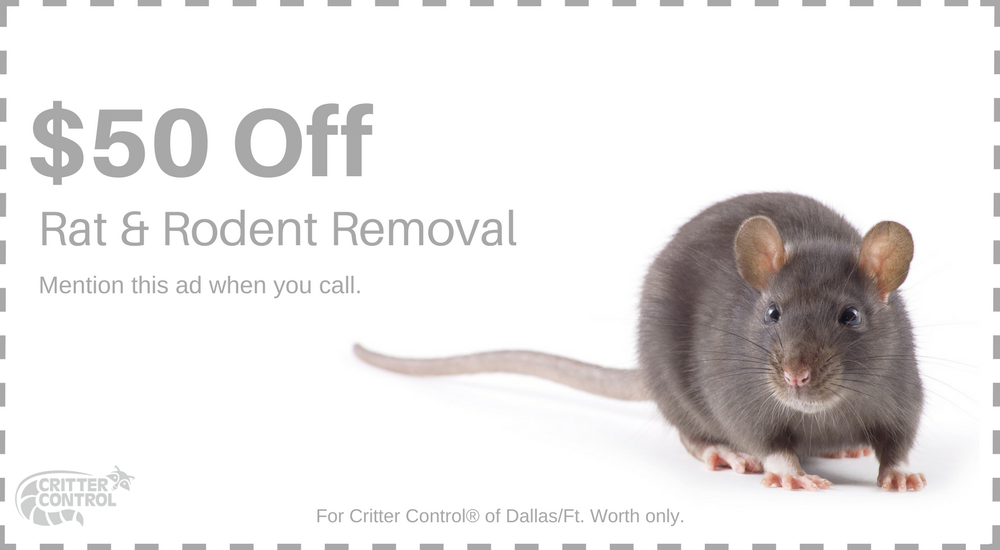Often called the “bandits” of the animal world, raccoons are mammals that love exploring new places. Unfortunately, those places can sometimes end up being your very own garage. Below are a few reasons why raccoons would take up residence in your home or business as well as what you can do to get rid of these uninvited guests.
Why Raccoons Get in Garages
It’s not uncommon for raccoons to invite themselves into dark and warm spaces like your garage. Typically, racoons have their young in the middle or late summer season. They want a safe and quiet place to raise their young, also known as kits. In residential areas, they usually end up in garages or attics.
In the winter months, raccoons will try to find these places again. While they don’t hibernate, raccoons like to burrow for up to a month at a time so they don’t have to deal with cold temperatures. The warmth of your garage will be appealing to these primarily nocturnal critters who will want to avoid spending time outside in the cold.
How to Get Rid of Raccoons Yourself
If you suspect that your invasive raccoon has only been living in your garage for a short period of time, then it might be possible to ward them off before they think it is their permanent home. Persistence is key, and the earlier you start, the more effective the following methods may be.
-
Cut off Their Supply
Raccoons will eat almost anything they can get their paws on. This includes pet food, birdseed, and unsecured trash and recycling. Remove these items from your garage and store them other places. Water sources, including hoses, faucets, and pet bowls, should also not be stored in your garage. If there’s no accessible food or water supply, a nuisance raccoon is more likely to leave.
-
Change the Smell
Raccoons will not urinate near their living spaces. Therefore, if they smell ammonia in the garage, they are less likely to build their nest there. The safest way to do this is to purchase common ammonia from a grocery store, soak an old rag or cloth in it, and place it in a sealed container with air holes to aerate. Be careful not to breathe in the fumes yourself. While it’s a more invasive method, it will likely drive the critters away.
-
Show Them Who’s Boss
Raccoons are not aggressive in nature. If they see a human in a garage, they will usually evict themselves within 48 hours. Called “human harassment,” this will usually cause a mother to leave with her kits. Human harassment can be mimicked with light sources such as strobe light fixtures or flashlights, and sound sources like loud music from the radio.
The Dangers of Raccoons in Garages
While raccoons are normally passive, they can defend themselves if they feel especially cornered or threatened. Mother raccoons will do this primarily to defend their young. If your attempts to get rid of raccoons in your garage are unsuccessful, Critter Control® of Ft. Worth can help. Our team of experts frequently deal with many species of invasive wildlife. Licensed and trained, our professionals are equipped to efficiently and effectively get rid of raccoons in garages, attics, or anywhere on your property.
Call for a Free Professional Raccoon Removal Estimate
Critter Control® of Ft. Worth prides itself in using eco-friendly methods to remove raccoons and other pests safely and humanely from your Texas home or business. We will provide you with a comprehensive property inspection and a free estimate to determine exactly how to get rid of your raccoon infestation at the most effective price.
To schedule your inspection and receive your free quote, give us a call at 817-222-1101 today.






